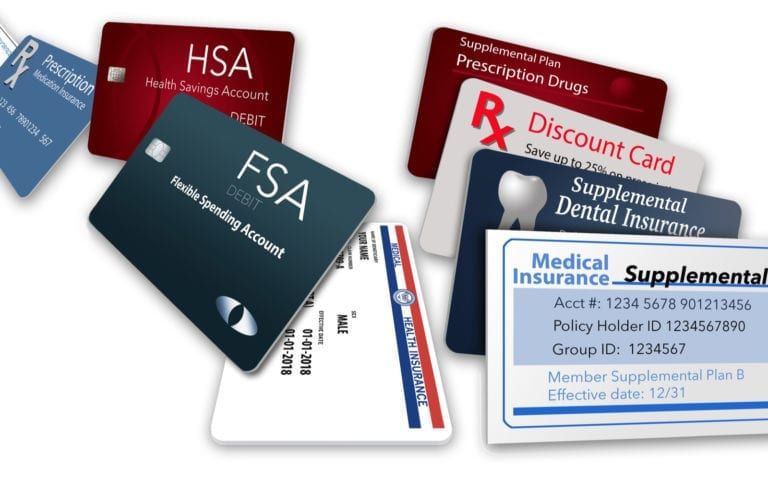If you’re among the nearly 30 million people around the United States that receive dental benefits from Medicaid, you may be wondering what they cover. Dental care is an important part of your medical coverage, and making use of it has been shown to help alleviate the risk of certain conditions in other parts of the body. Many patients with Medicaid may find their coverage difficult to understand, or may not be certain how to use it to receive care. All of our patients deserve the effective treatment that is available under their Medicaid plan, so we built this short guide to help them get started.
The Basics of Medicaid Dental Benefits
The regulations surrounding Medicaid are somewhat labyrinthine, which makes understanding them difficult for many patients. We spent some time scouring them to come up with what we felt were the most important starting points for patients who receive this kind of coverage. Below we put together this list of facts to help you get answers to the specifics about your coverage.
- Federal law does not require that Medicaid Dental benefits are provided by each state. As Medicaid is a state-level plan, it won’t necessarily be available in each state or provide the same coverage. You also may find that you cannot use it if you cross state lines.
- Florida provides Medicaid dental coverage, and the majority of those with Medicaid coverage carry some form of it on their plan. What is covered under this plan varies based on the age of the patient.
- Those under the age of 20 (in Florida) are eligible for X-rays, screenings, exams, sealants, space maintainers, root canals, periodontics, orthodontics, fillings and crowns, and extractions, among other services.
- Those above the age of 21 (in Florida) are eligible for a reduced level of care. These services include extractions, limited dental exams and x-rays, dentures, problem-focused care, and pain management.
Legislation passed in December of 2018 added additional treatment options to patients who were over 21 years of age. These include diabetic testing at the dental office, more extraction options, silver and white fillings, regular dental cleanings including periodontal cleaning, and an introductory visit to the clinic for those who have disabilities. Further options may be available for those who are pregnant or who qualify for special conditions.
The Medicaid Dental system provides dental coverage to those most in need but can be a difficult morass to navigate. McCartney Dental works closely with its patients to ensure they have the best understanding of their dental care options under Medicaid. If you have more questions about what coverage is available and what treatment options you can receive, call for an appointment with Dr. Jonathan McCartney today. You’ll be scheduled for a regular introductory exam, including imaging, followed by a consultation of what treatment options are available to you. If you’re disabled and would like to schedule your initial visit to the dental office, simply give us a ring, and we’ll be happy to arrange it for you!


